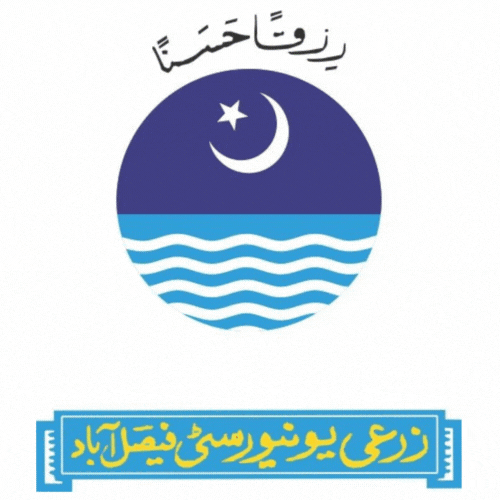
The University of Agriculture Faisalabad scientists, first-time in the history of the country, have heralded a major breakthrough in camel production by achieving first calf in camel through artificial insemination.
UAF team leader Dean Faculty of Veterinary Science Dr. Zafar Iqbal Qureshi along with Dr. Muhammad Salman Waqas, Dr. Anjum Masood, and UAF M.Phil students established the techniques including semen collection, semen extension semen evaluation and artificial insemination with fresh extended semen in the camel at Camel Breeding and Research Institutes Rakh Mani district Bhakkar. Livestock and Dairy Development Department supported the UAF in this task. UAF Vice Chancellor Dr. Asif Tanveer has congratulated the team for the achievement. Dr. Zafar Iqbal Qureshi said that for artificial insemination semen was collected from the male camel. The collected semen was extended with a commercially available semen extender. The semen was placed in the body of uterus of she camel. The methodology requires specialized training in the field of Theriogenology. The task was completed by Dr. Qureshi who has the international exposure as Consultant Embryo Transfer and Artificial Insemination in camel in Abu Dhabi UAE. The university researchers expect that it will enhance the camel production in order to increase the milk and meat availability. He said that Pakistan with an estimated camel population of 1.1 million ranks 8th among major camel raising countries. UAF has introduced the modernization in camel production of the country. He said that camel milk contains more iron three times higher vitamin C than cows milk higher Fe more vitamins minerals and low fat with high medical value. He said that camel milk also strengthens immune system and it was having high medical values. He said that camel milk also helpful for sugar patients as having the insulin in it. He said that at present 39 percent of country population is facing food insecurity. He said that Agriculture and Livestock sector promotion is a way forward to alleviate the poverty and food insecurity.

